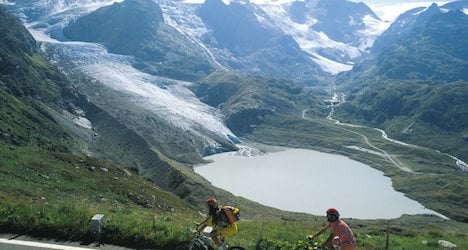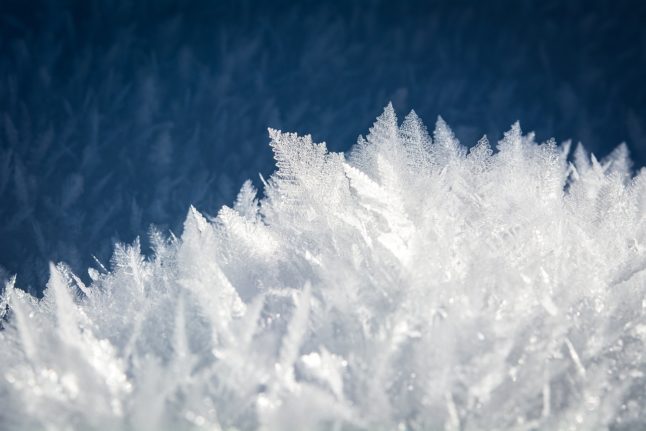The Susten Pass in the Bernese Oberland was scheduled to reopen to traffic on Wednesday at 10am after being closed for eight months, the national traffic information centre Viasuisse announced.
Heavy snow in the spring delayed the opening of the road through the pass at an elevation of 2,224 metres.
Built during the Second World War, the road connects Innerkirchen in the canton of Bern with Wassen in the canton of Uri offering scenic mountain and valley views.
It mainly serves tourists so is traditionally one of the last passes to be cleared.
The recent warm spell has helped with the snow removal.
MeteoSwiss, the national weather office said Sion experienced the hottest day ever recorded for the month of June, with a maximum of 36.2 degrees.
Temperatures reached 36 degrees in Chur, 35 degrees in Basel and 34 degrees in Zurich, Schaffhausen and Lucerne.
It reached 33 degrees in Bern, Neuchâtel and Geneva.
The forecast calls for continued hot weather on Wednesday before rain and thunderstorms set in on Thursday across most of the country.
The fierce heat led to the evacuation of 40 residents from Saint Niklaus in the canton of Valais on Monday and Tuesday as melting permafrost produced mud flows that threatened chalets in the municipality near Zermatt.



 Please whitelist us to continue reading.
Please whitelist us to continue reading.
Member comments